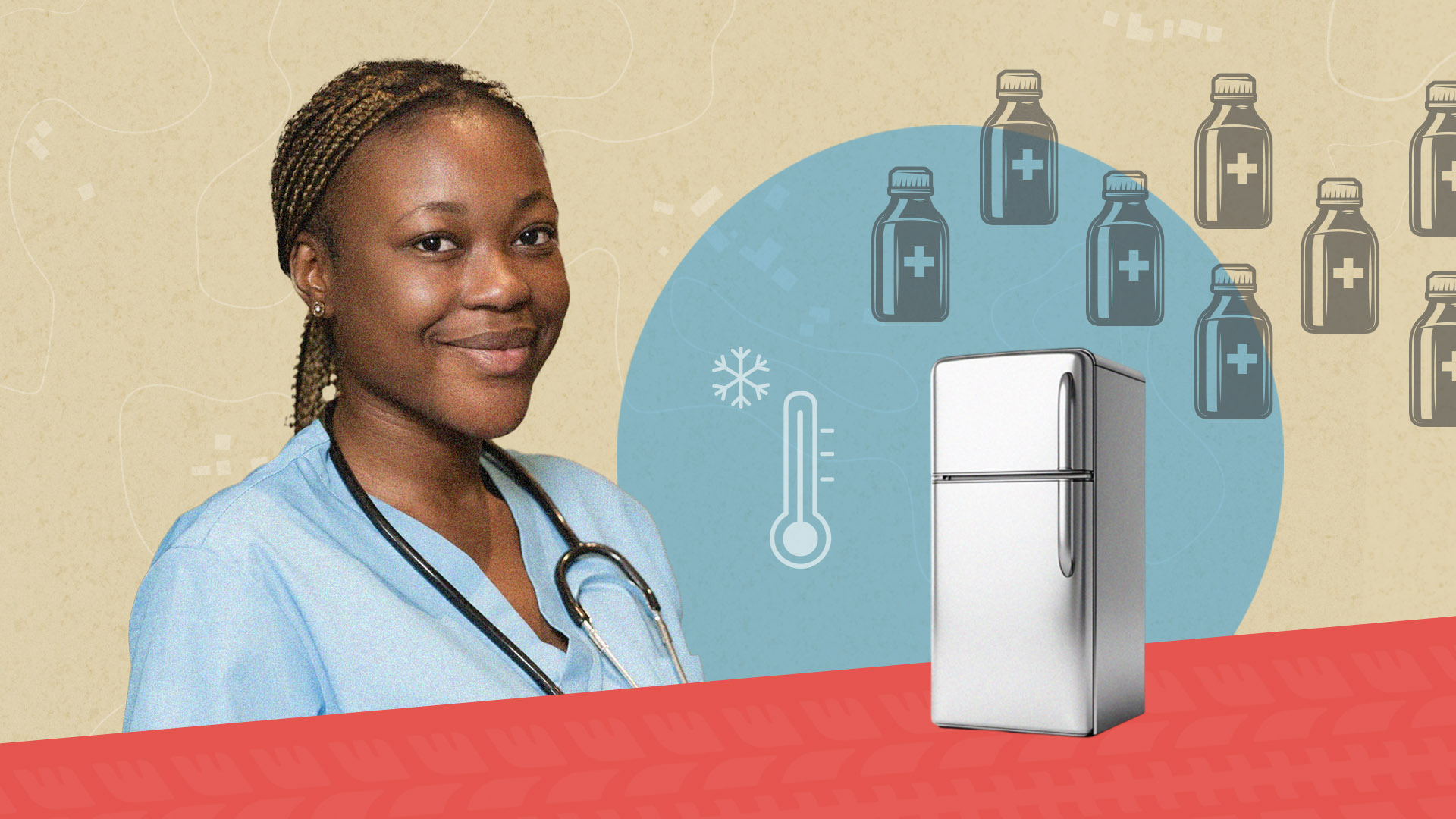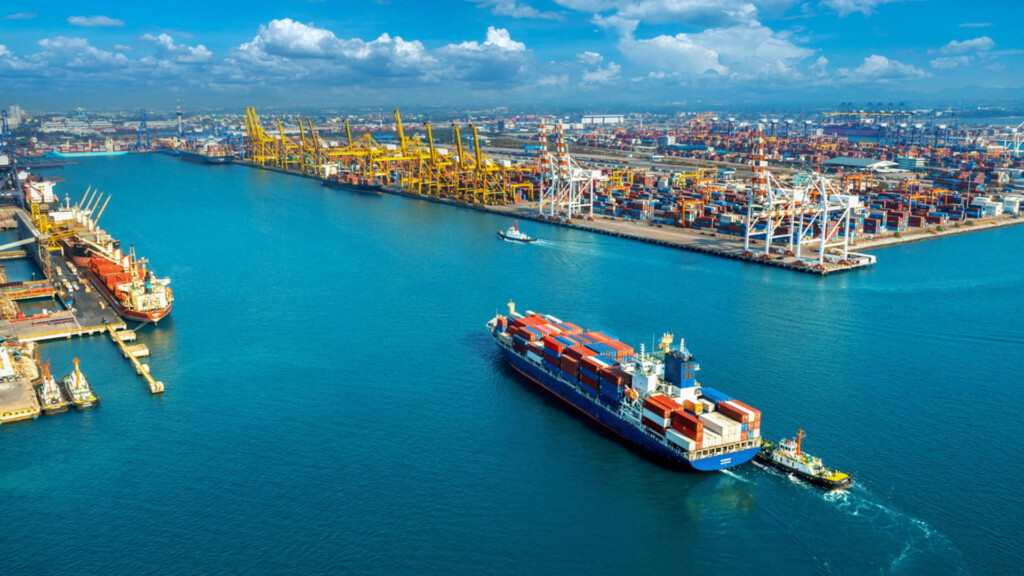PUE Refrigerators: Logistics

Summary
If your last mile distribution (LMD) company is researching or piloting sales of productive use of energy (PUE) refrigerators, you’ll need to get to grips with the logistics: importing, in-country transportation, warehousing and installation. Here we give best practice advice on how to make logistics efficient and keep costs low.
Ensure timely delivery at acceptable costs
Transporting and storing large and heavy appliances such as refrigerators is not easy, especially if they have to travel over long distances and in areas with poor infrastructure such as unpaved roads.
LMDs will need to map out the entire supply chain to identify potential bottlenecks, estimate delivery times, and ensure that the product can reach the target market efficiently and reliably.
As a reference, for Munyax Eco in Rwanda it takes at least 1-2 months for a new order of refrigerators to arrive.
Identifying the logistical challenges early on allows a distributor to plan for adequate transportation, handling and storage solutions.

Importing
Smooth logistics requires selecting shipping agents who are experienced in handling the complexities of customs, fees, tariffs and documentation.
LMDs should look for shipping agents that are capable of navigating the complex regulatory requirements, safety standards and documentation needed for international shipping, especially for products that require specialised handling like batteries and refrigerants.
In some markets, there may be tax advantages to importing components and assembling them in-country, which should be considered if assembly is something that the distributor is
capable of.
When starting with refrigerator sales, working with in-country resellers may be preferable due to the convenience of working in both parties’ first language and having in-person meetings to build trust.
In-country transportation
In Nigeria, goods enter the country at the port of Lagos, which is far away from areas where LMDs suchs as Sosai operate. Plus land travel can be a challenge and costly for bulky items such as refrigerators.
For the last leg of the journey it is important to manage the number of goods damaged during delivery. Fewer damaged goods mean fewer replacements or repairs, leading to lower costs and a positive reputation amongst customers.
Warehousing
To optimise delivery turnaround times once a customer order is confirmed, LMDs should explore stocking the product closer to sales hotspots.
Using this approach, POPO Uganda is able to deliver refrigerators within 24-48 hours after an order is made.
Installation
Most LMDs have trained agents that install the equipment sold. POPO offers free installation for all their solar powered refrigerators, which they will continue with as they scale up.
Keep reading
Read more about selling PUE refrigerators:
- Consumer demand and value proposition
- Sales and marketing
- Product and supplier selection
- Consumer finance
- Stock financing
- After-sales support
Read our full publication
Want to learn more? The above articles have been taken from our downloadable publication: How to Sell Refrigerators for Productive Use.
Photo credits
Top graphic: Contains the following edited images: photo of a nurse by Freepik; fridge photo by muhammad.abdullah on Freepik; and medicine bottle icon by macrovector on Freepik
First photo: Image by tawatchai07 on Freepik
